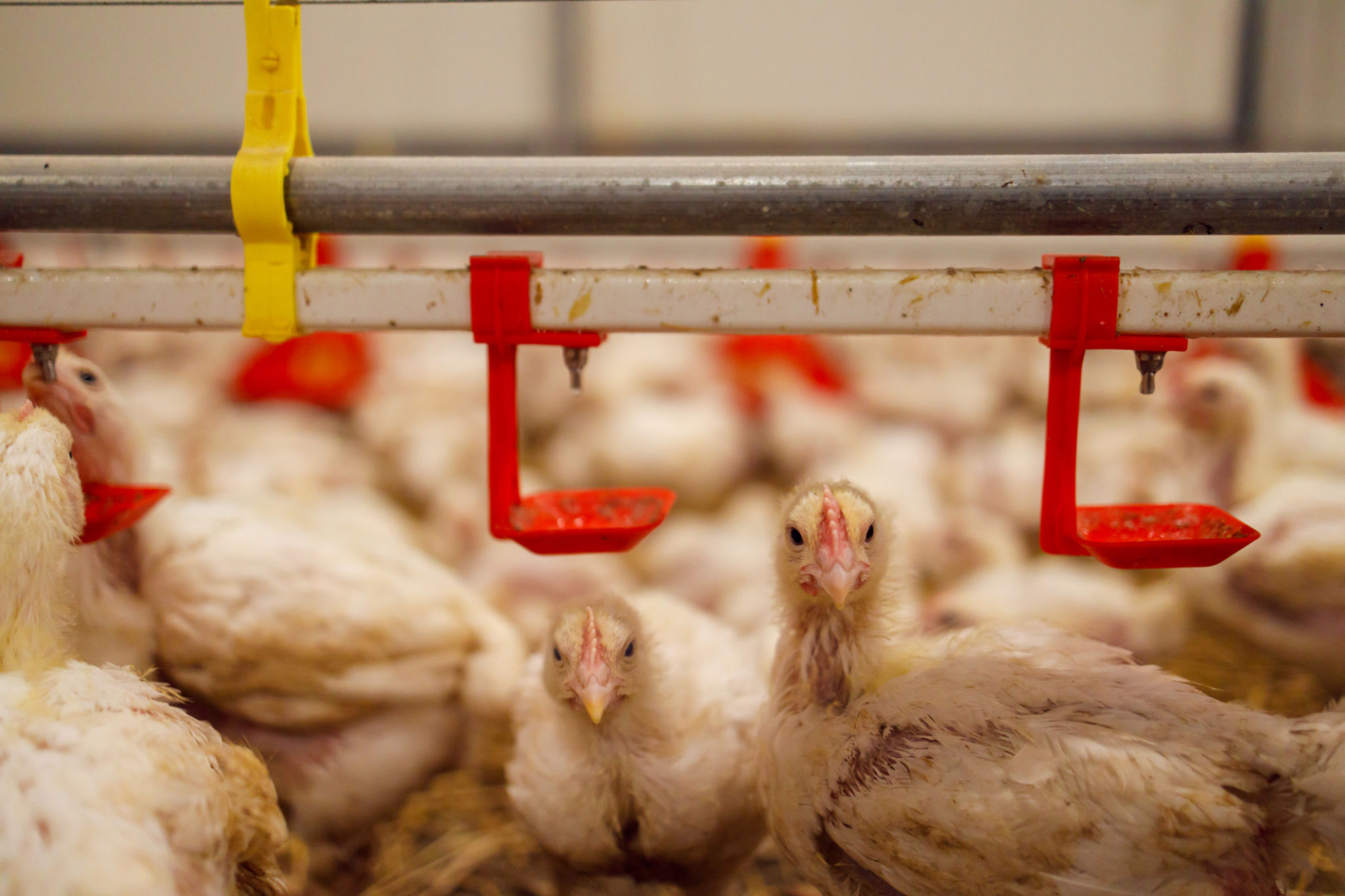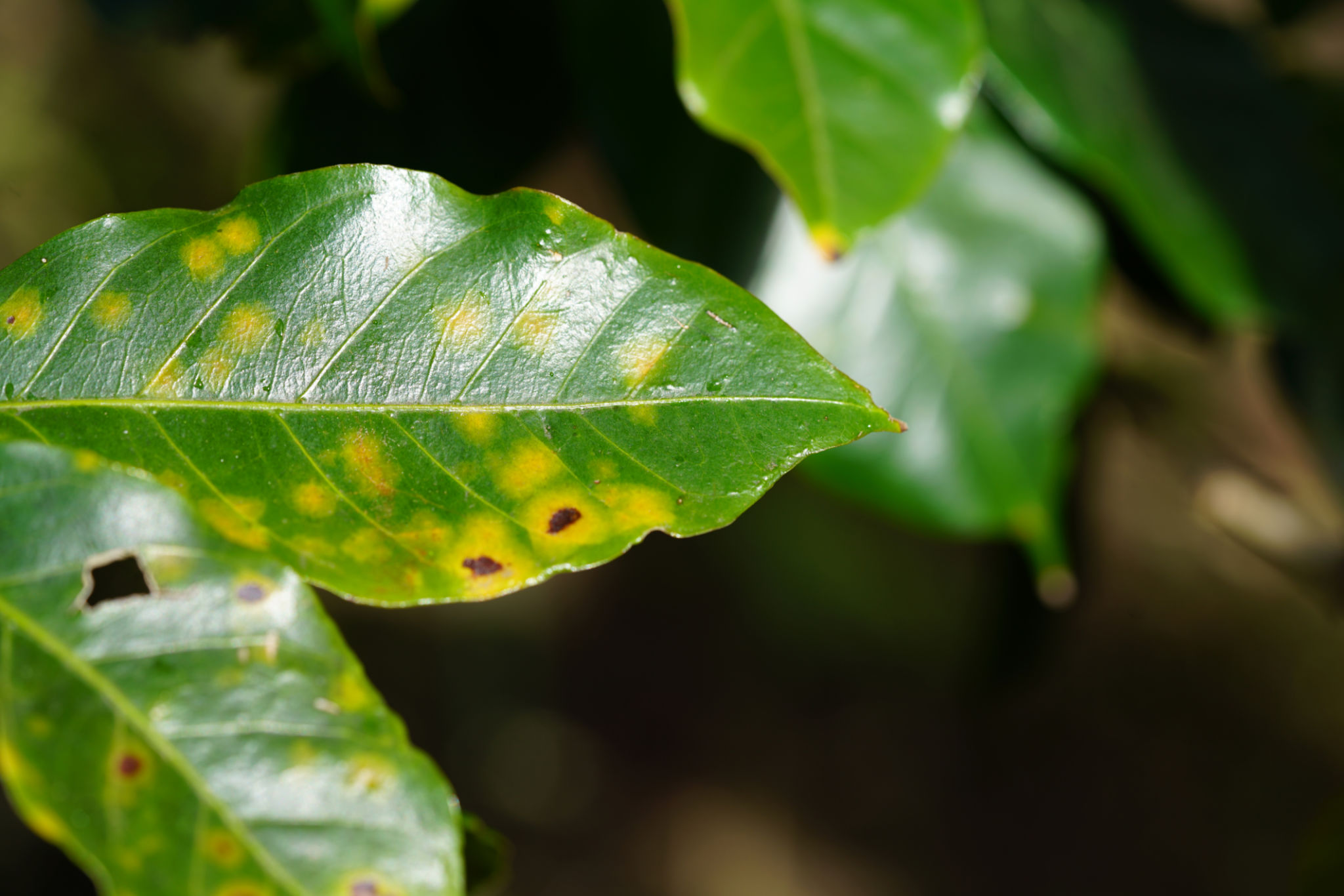The Role of Biosecurity in Protecting Queensland's Agriculture
Understanding Biosecurity
Biosecurity plays a crucial role in safeguarding Queensland's agriculture from potential threats. As a state with a diverse agricultural landscape, maintaining stringent biosecurity measures is essential to protect crops, livestock, and the local economy. Biosecurity involves a series of practices aimed at preventing the introduction and spread of pests, diseases, and invasive species that could devastate the agricultural sector.
In Queensland, biosecurity measures are implemented at various levels, from border checks to on-farm protocols. These measures help ensure that both domestic and international markets remain secure, fostering confidence in Queensland's agricultural products. The impact of biosecurity is far-reaching, affecting not only farmers but also consumers and global trade partners.

Threats to Agriculture
Queensland's agriculture faces numerous threats that necessitate robust biosecurity measures. Pests such as fruit flies and diseases like Panama disease can severely impact crop yields and quality. Additionally, invasive species pose a significant risk to local ecosystems and agricultural productivity. Without proper biosecurity protocols, these threats could lead to substantial economic losses and food insecurity.
Biosecurity measures are designed to mitigate these risks through early detection and rapid response strategies. Surveillance programs play a key role in monitoring potential threats, allowing authorities to act swiftly to contain outbreaks. This proactive approach not only safeguards agriculture but also helps maintain biodiversity and environmental health.

Implementing Biosecurity Practices
Effective biosecurity relies on the cooperation of various stakeholders, including government agencies, farmers, and the general public. On-farm biosecurity practices are critical in preventing the spread of diseases and pests. Farmers are encouraged to adopt measures such as controlling farm access, cleaning equipment, and monitoring animal health to minimize risks.
The Queensland government provides resources and support to help farmers implement these practices effectively. Education and training programs are available to enhance awareness and equip stakeholders with the knowledge needed to manage biosecurity threats. By working together, communities can create a united front against agricultural threats.

The Economic Impact of Biosecurity
Biosecurity not only protects the environment but also has significant economic implications. A strong biosecurity framework ensures that Queensland's agricultural products meet international standards, facilitating market access and trade opportunities. The reputation of Queensland's produce as safe and reliable bolsters the state's position in the global market.
Prevention is far more cost-effective than managing outbreaks after they occur. Investments in biosecurity lead to long-term savings by avoiding potential losses from pest and disease incursions. This approach supports sustainable agricultural development and contributes to the overall economic resilience of the region.

The Role of Technology in Biosecurity
Advancements in technology have revolutionized biosecurity practices in Queensland. Innovative tools and techniques enhance surveillance capabilities, enabling real-time monitoring of potential threats. Technologies such as drones, remote sensing, and data analytics provide valuable insights that aid in early detection and response efforts.
Using technology, authorities can implement targeted interventions that minimize disruptions to agricultural production. These advancements not only strengthen biosecurity measures but also improve overall farm management practices, leading to increased efficiency and productivity.

Community Involvement in Biosecurity
The success of biosecurity initiatives depends heavily on community involvement. Public awareness campaigns highlight the importance of biosecurity and encourage individuals to participate in safeguarding agricultural resources. Simple actions such as reporting unusual plant or animal health issues can make a significant difference.
Community engagement fosters a sense of shared responsibility and empowers individuals to contribute to biosecurity efforts actively. By building strong partnerships between communities and authorities, Queensland can create a resilient defense against agricultural threats.
In summary, biosecurity is a vital component of protecting Queensland's agriculture from potential threats. Through collaboration, innovation, and proactive measures, the state can ensure a secure and sustainable agricultural future.